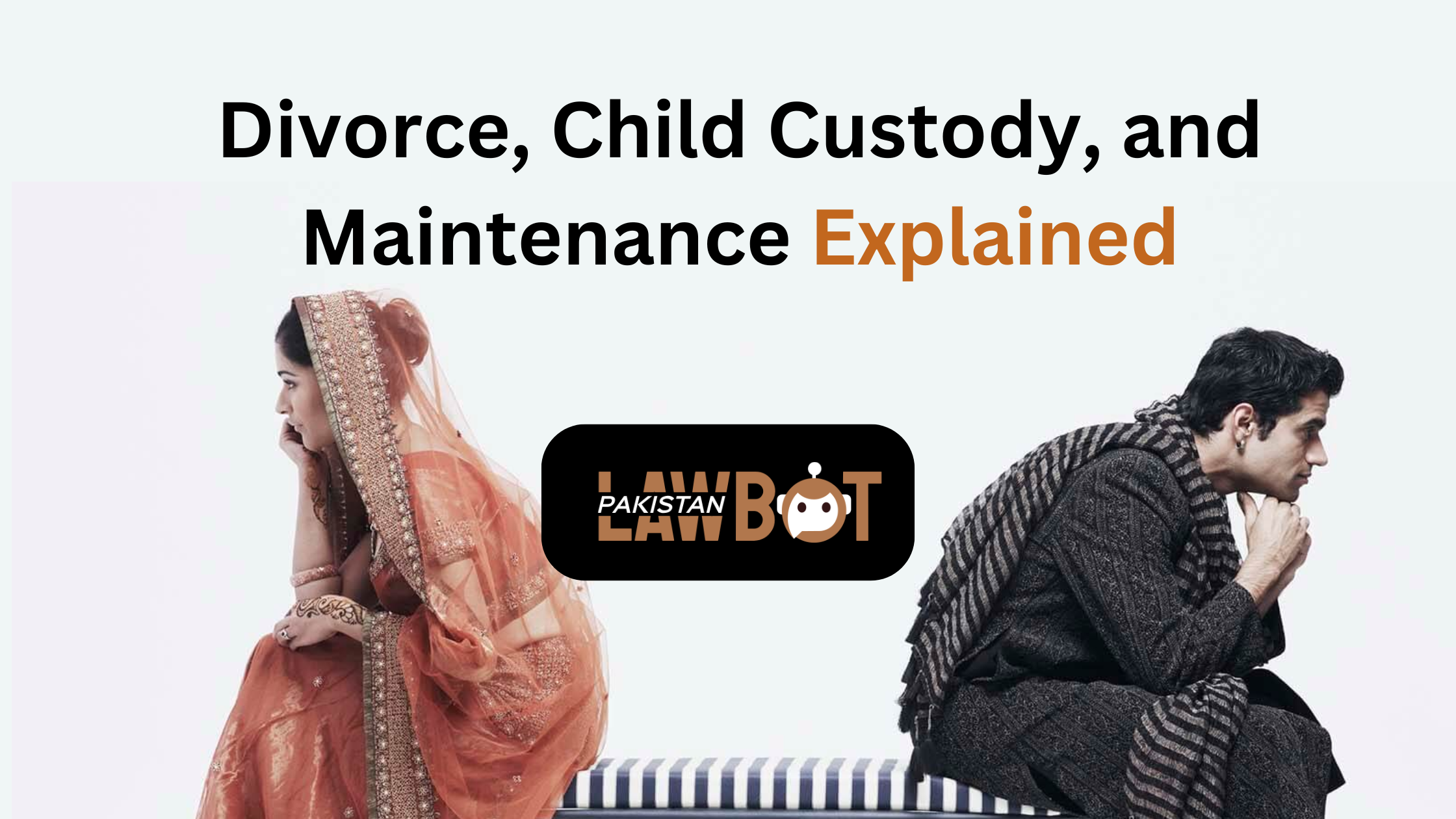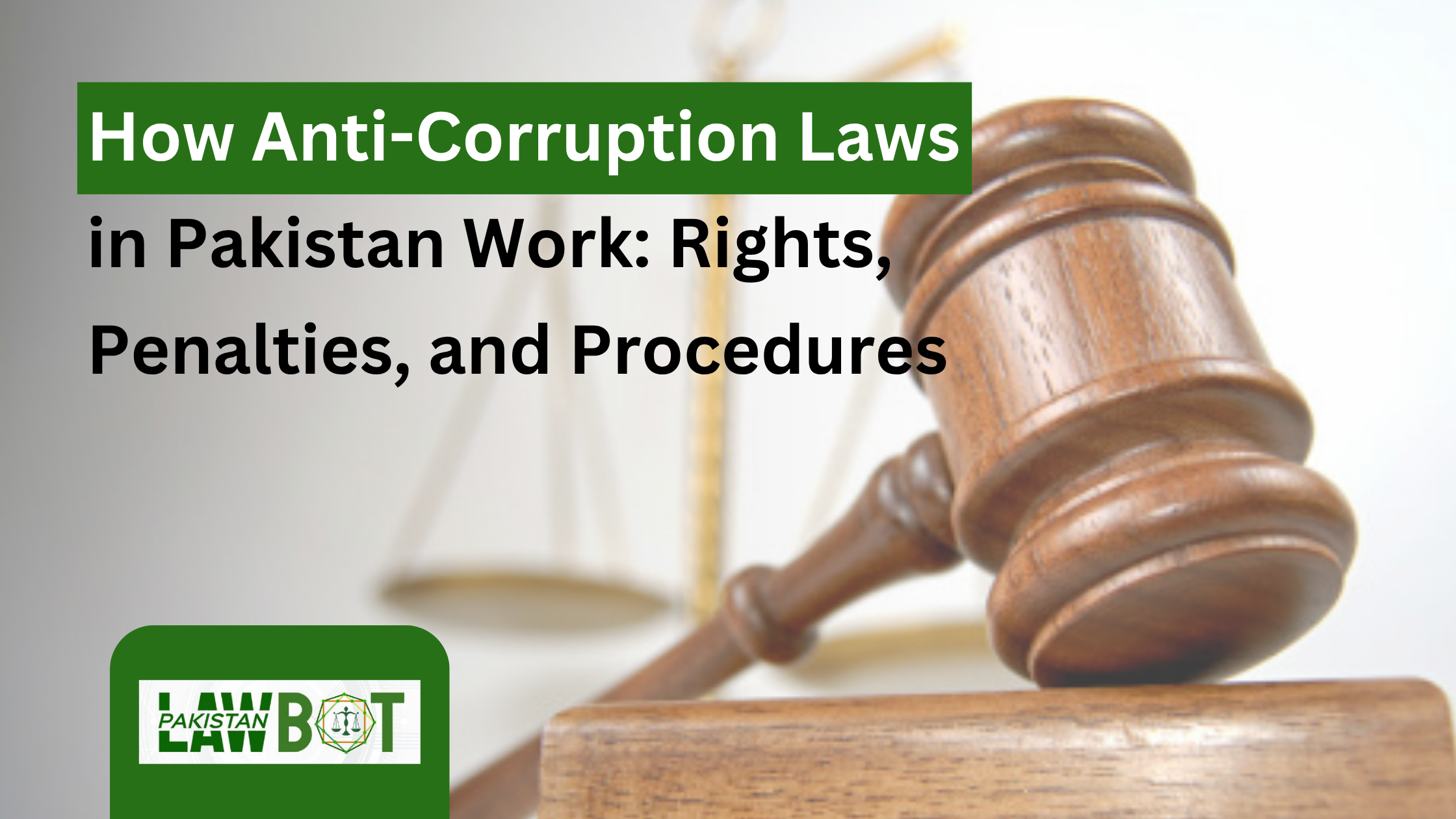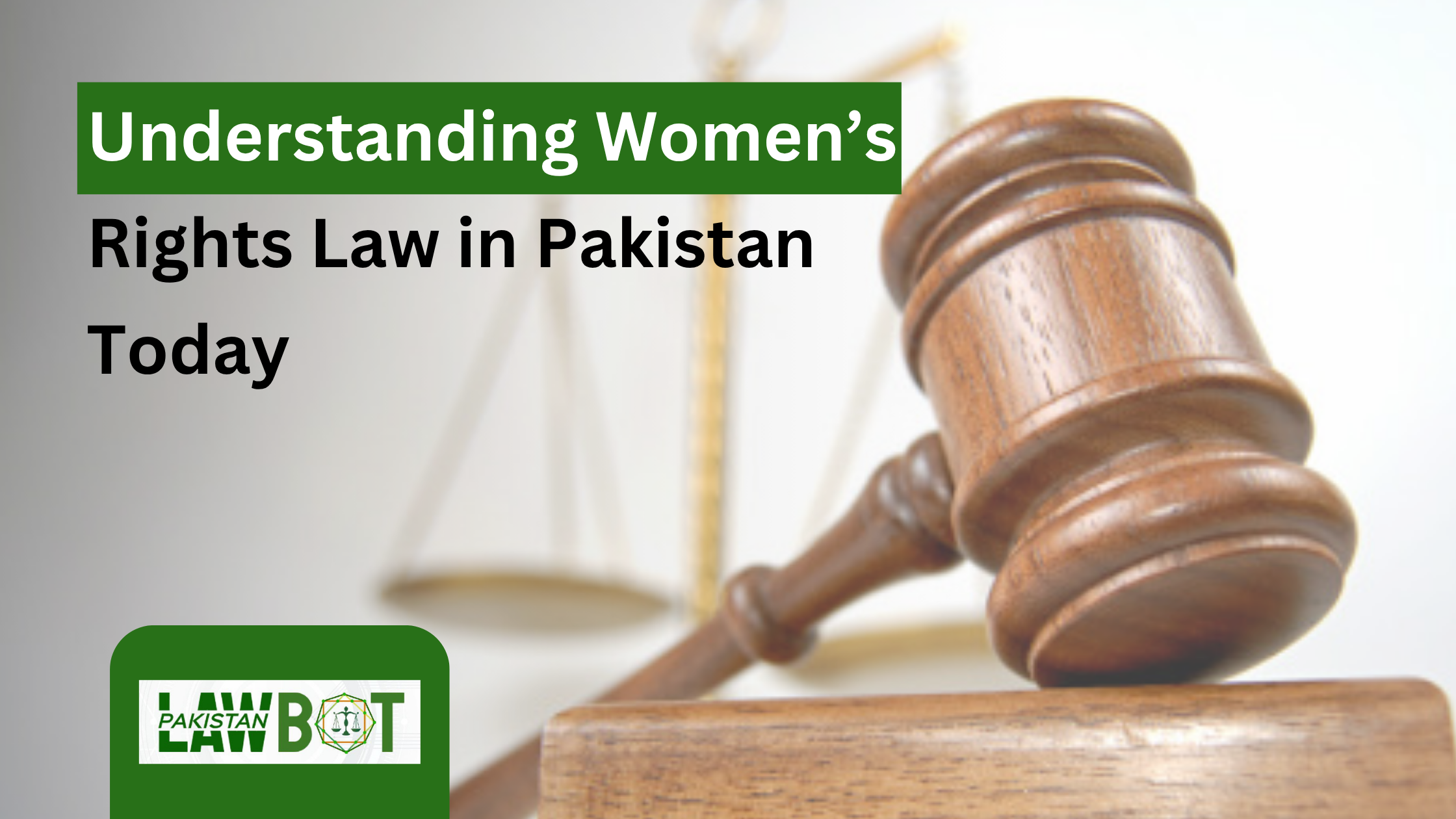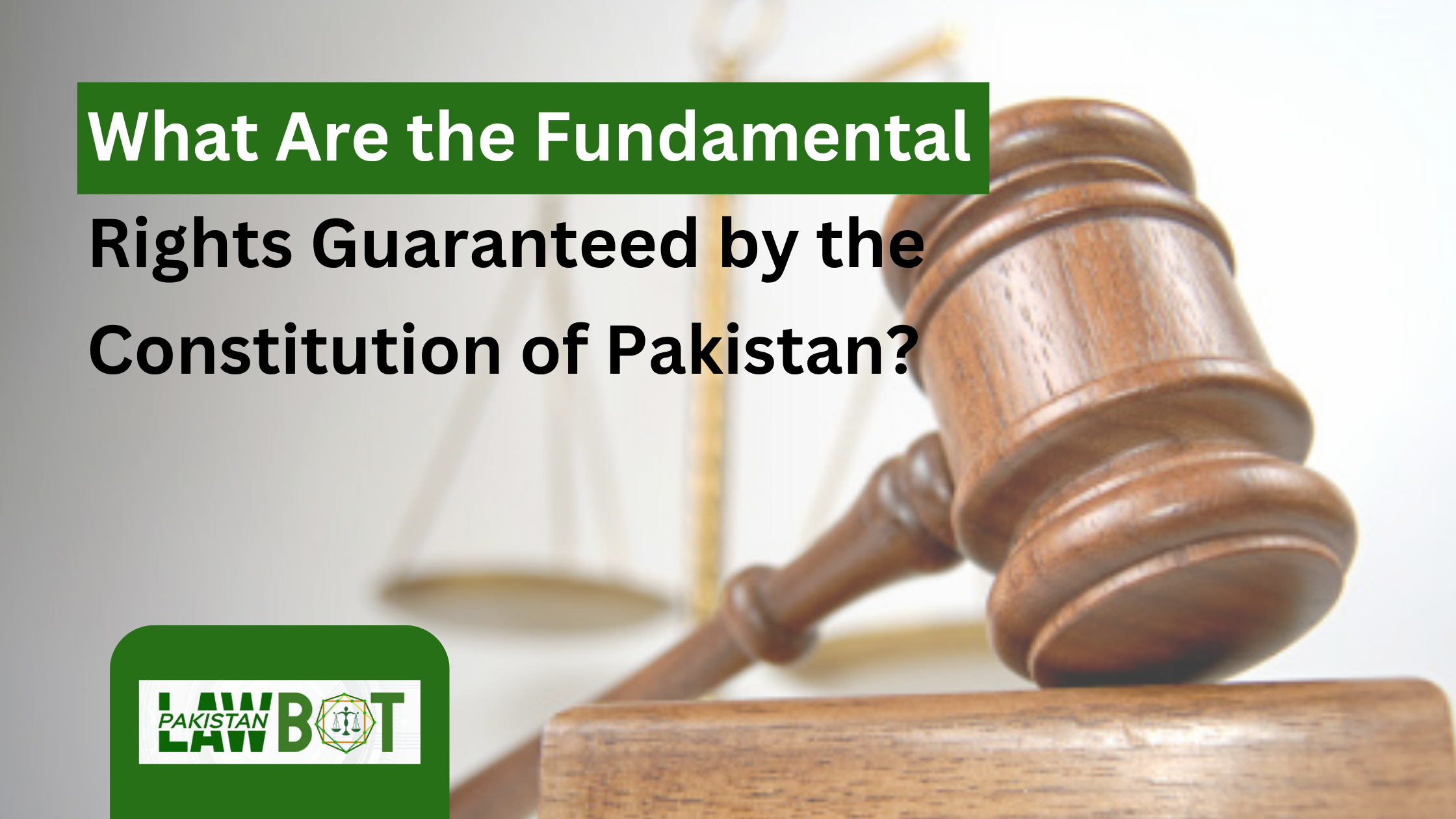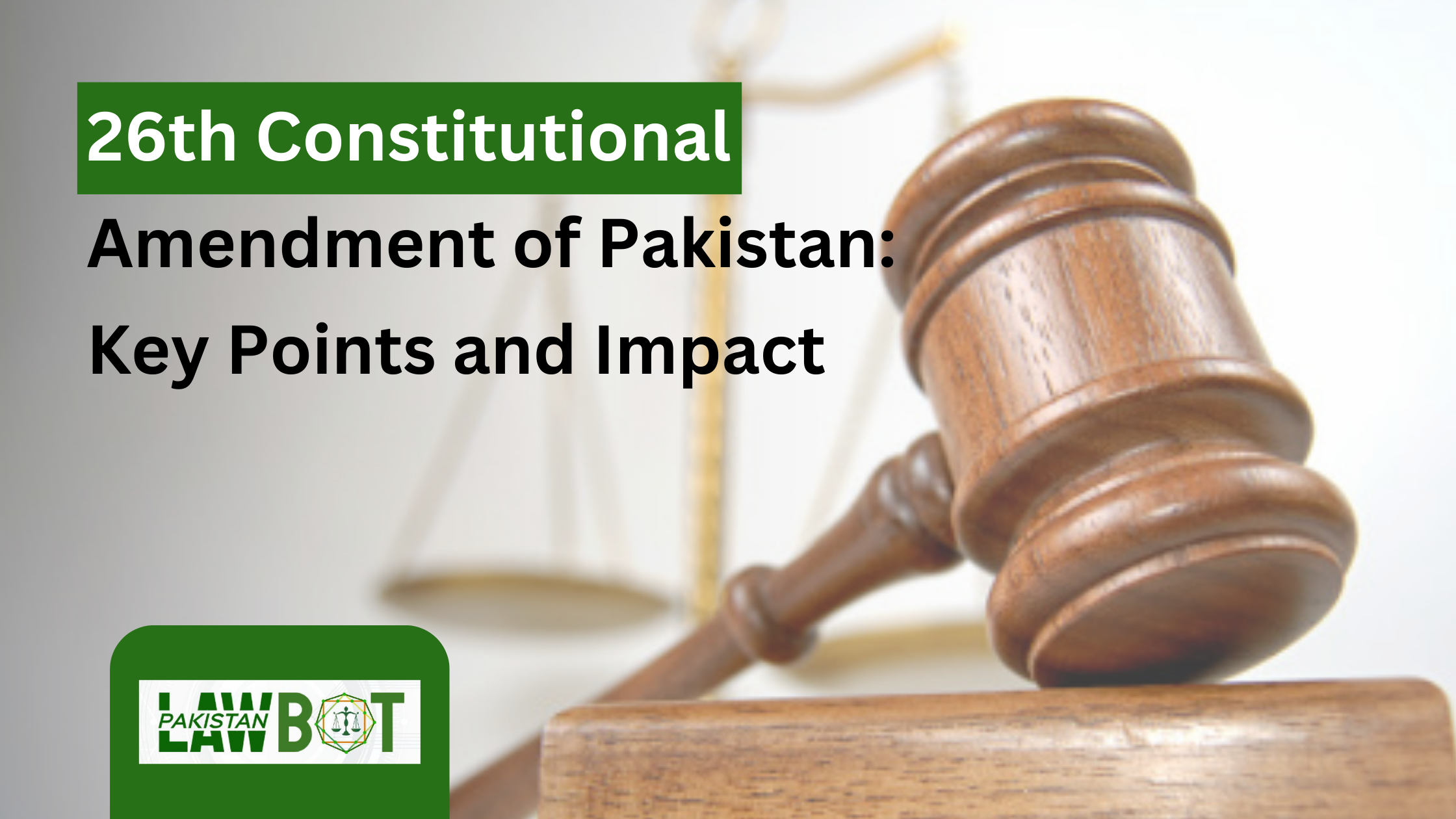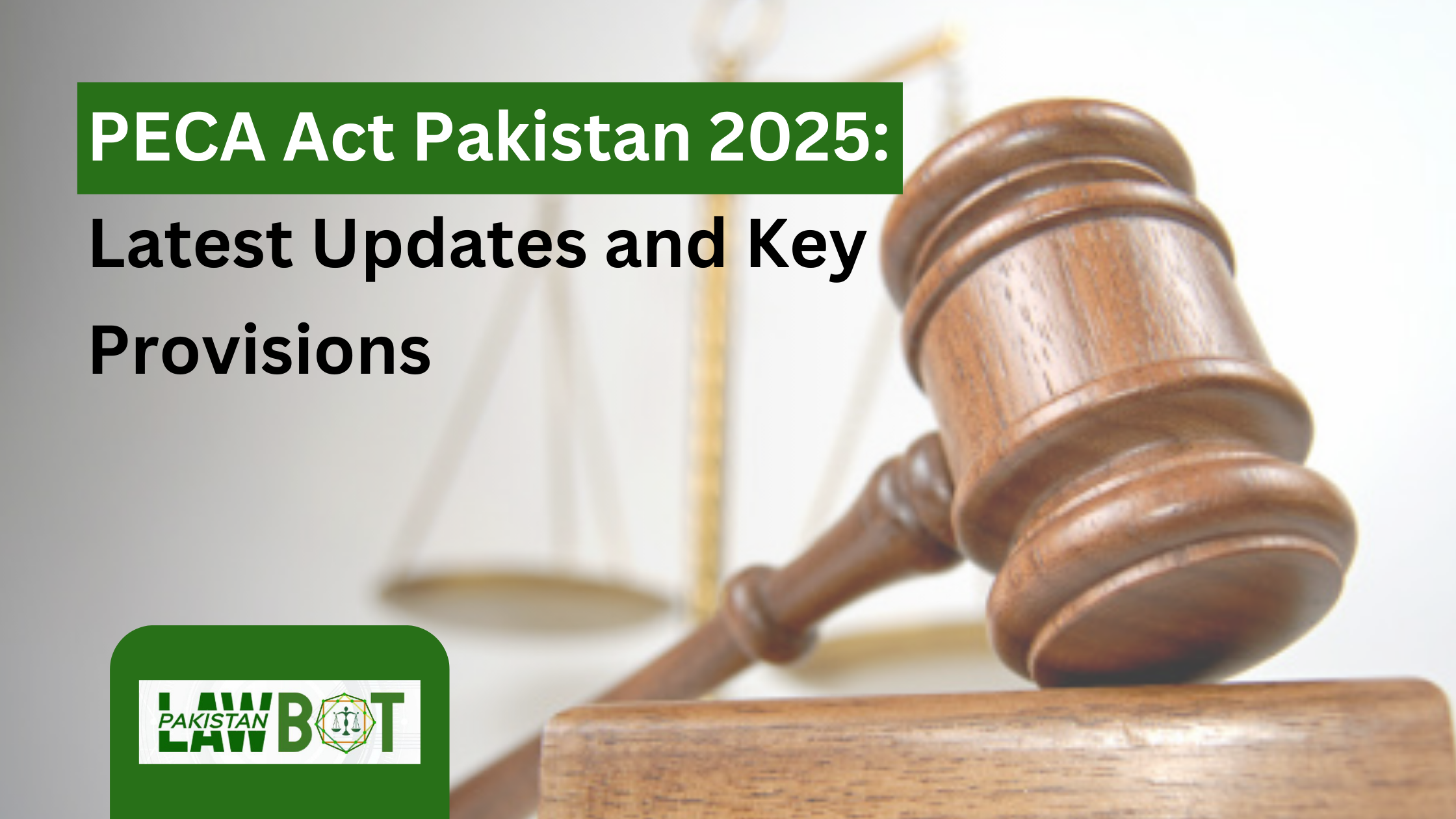Family Law in Pakistan: Divorce, Child Custody, and Maintenance Explained
In Pakistan, family law governs the most sensitive aspects of human relationships, including divorce, child custody, and maintenance. For individuals navigating these challenges, it’s essential to understand the legal frameworks and resources available. This comprehensive guide will explore key aspects of family law in Pakistan and how tools like the Pakistan Law Bot and other AI-powered solutions simplify access to legal assistance.
Understanding Divorce Laws in Pakistan
Divorce in Pakistan is governed by Islamic principles and civil law. The process varies depending on whether it’s initiated by the husband, wife, or mutually agreed upon. Below, we break down the types and processes:
1. Talaq (Divorce by Husband)
- Procedure: The husband declares divorce, follows up with a written notice to the Union Council, and observes a 90-day reconciliation period.
- Registration: After the waiting period, the divorce is registered if reconciliation fails.
- Legal Aid: Pakistan Law Bot provides step-by-step guidance on initiating the process.
2. Khula (Divorce by Wife)
- Requirements: The wife must file a case in the family court, providing valid grounds such as cruelty, desertion, or incompatibility.
- Court Decision: The court may dissolve the marriage, often requiring the wife to forgo her dower (Haq Mehr).
3. Mutual Consent Divorce
- Simpler Process: Both parties sign an agreement, notify the Union Council, and observe the waiting period.
Fact: According to a 2024 report, 65% of divorce cases in Pakistan are resolved within a year, showcasing a more efficient judicial process.
Child Custody Laws in Pakistan
Child custody disputes are emotionally charged. In Pakistan, courts prioritize the child’s welfare over parental preferences. Here’s how custody decisions are made:
1. Custody During Marriage
- Islamic Principles: Mothers usually retain custody of young children, particularly minors, while fathers are considered the legal guardians.
- Court Factors: Factors like the child’s age, gender, and overall well-being are considered.
2. Post-Divorce Custody
- Mother’s Custody Rights: Mothers often retain custody until the child reaches a certain age (7 years for boys, puberty for girls).
- Father’s Custody Rights: Fathers are given visitation rights and may gain custody if the mother remarries or is deemed unfit.
Did you know? In 2024, over 12,000 custody cases were resolved in Pakistani family courts. The trend shows a likely increase of 15% in 2025 as awareness grows about parental rights.
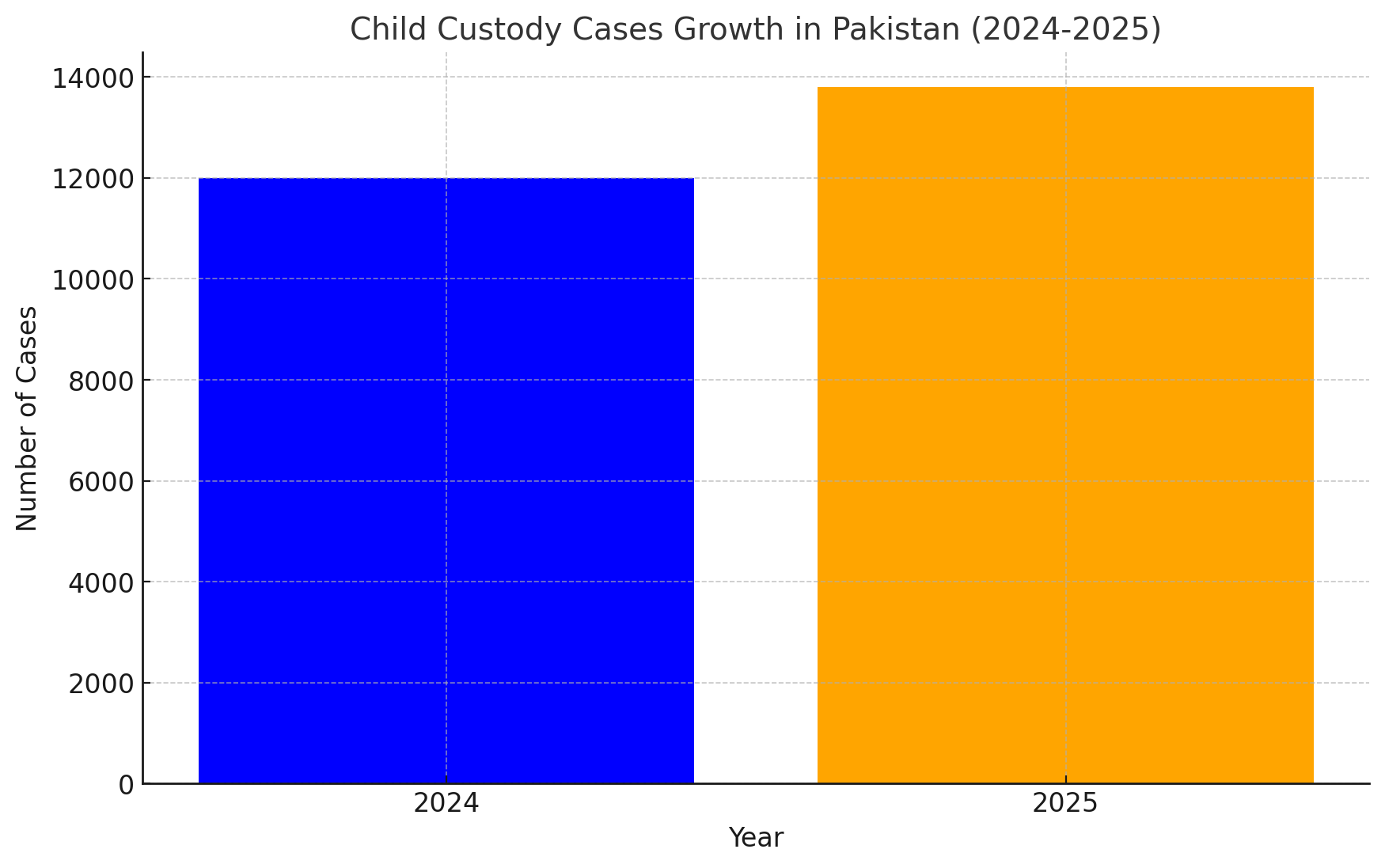
Maintenance Obligations in Pakistan
Maintenance covers financial support for spouses and children. The law outlines specific obligations based on relationships:
1. Spousal Maintenance
- Husband’s Duty: The husband must provide financial support to the wife during the marriage and, in some cases, after divorce.
- Factors Affecting Maintenance: The wife’s financial status, standard of living during marriage, and the husband’s income are considered.
2. Child Maintenance
- Father’s Obligation: Fathers are required to provide for their children’s education, healthcare, and basic needs, regardless of custody arrangements.
- Court’s Role: Courts may increase maintenance based on inflation or changing needs.
How AI is Revolutionizing Legal Assistance in Pakistan provides insights into how tools like Pakistan Law Bot can calculate maintenance estimates.
UNICEF Child Protection in Pakistan
The Role of AI in Family Law Assistance
Navigating family law can be overwhelming. Here are some ways to simplify the process:
1. Use AI-Powered Legal Tools
- Tools like Pakistan Law Bot offer free guidance on divorce, custody, and maintenance.
- Chat with an AI law chatbot for instant advice.
2. Consult Legal Experts
- Visit platforms like Pakistanlawsite for case studies and expert consultations.
- Seek affordable legal services through online consultations.
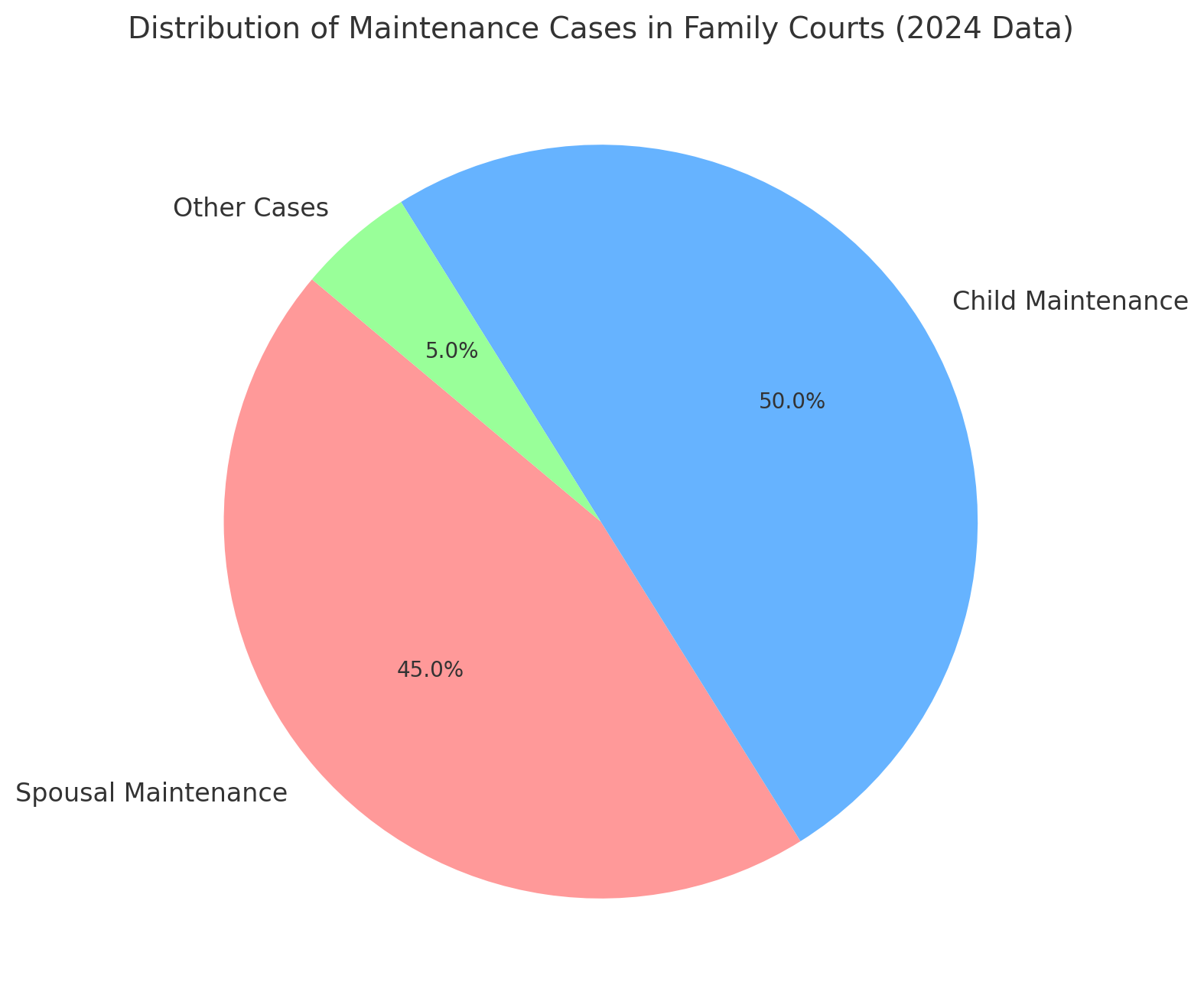
FAQs About Family Law in Pakistan
Q1: Can a wife claim maintenance during Khula?
A: Yes, a wife can claim maintenance if the court deems it justified, although she may forfeit her Haq Mehr.
Q2: What documents are required for child custody cases?
A: Birth certificates, marriage certificate, proof of financial stability, and evidence supporting custody claims.
Q3: How can Pakistan Law Bot assist in family law cases?
A: It provides AI-driven legal advice, calculates maintenance estimates, and outlines case procedures.
The Future of Family Law in Pakistan
As technology integrates with legal systems, tools like Pakistan Law Bot are revolutionizing access to justice. Predictions for 2025 include:
- A 20% increase in online legal consultations.
- Enhanced AI algorithms for more accurate legal advice.
- Wider adoption of digital platforms for case filings.
Projection: By 2025, over 40% of family law cases in Pakistan are expected to incorporate AI tools for resolution.
Final Thoughts
Family law in Pakistan—covering divorce, child custody, and maintenance—is evolving. Resources like the Pakistan Law Bot and platforms like Pakistanlawsite ensure accessible, affordable, and reliable legal assistance. Whether you’re seeking answers about custody rights or maintenance obligations, leveraging these tools can ease your journey through legal challenges.

